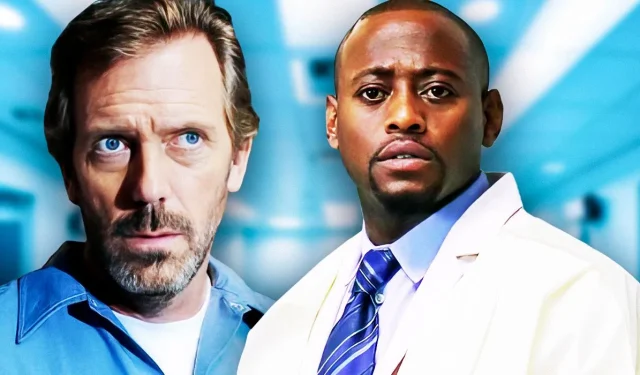
House
initially focused on a central character who remained skeptical about people’s capacity for change. However, the series itself underwent significant transformations throughout its eight-season journey, which began airing on Fox in 2004. The show centers around Dr. Gregory House, an extraordinarily clever yet deeply flawed physician known for his unmatched diagnostic skills and provocative demeanor.
House was supported by a diverse team of gifted young doctors who frequently served as a sounding board for his unconventional medical theories. While the series began firmly rooted in the procedural drama genre, it evolved considerably over time. Changes in the cast and shifts in House’s interpersonal dynamics illustrated the characters’ growth and adaptation to life’s inevitable changes.
10
House’s Diagnostic Team Lineup
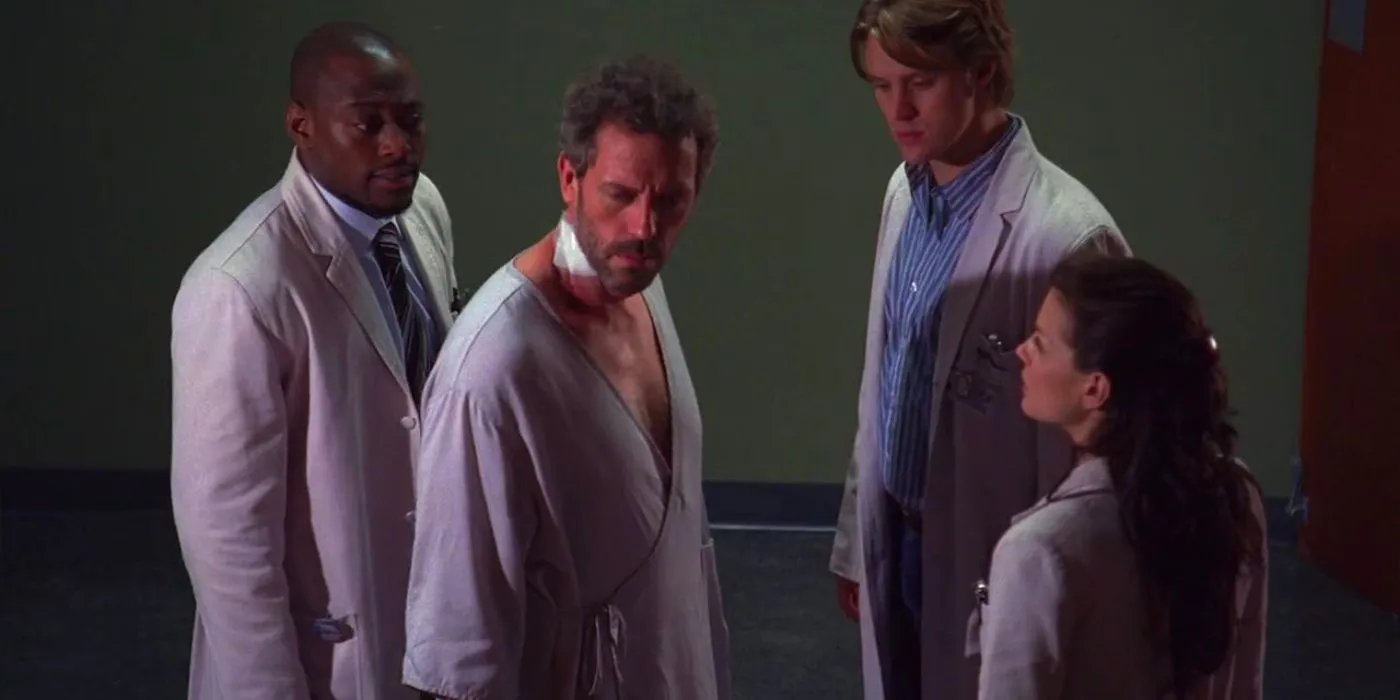
A notable initial change involved House’s diagnostic team. At the show’s outset, House led a trio of talented doctors—Robert Chase, Eric Foreman, and Allison Cameron—each bringing unique skills that enriched the team’s capabilities. Their experience under House’s mentorship was a complex blend of valuable learning and challenging ethical dilemmas.
As the series progressed, the composition of House’s team shifted. The original members moved on to new opportunities, prompting House to conduct extensive interviews to recruit their replacements. This ongoing turnover resulted in a team that was nearly unrecognizable by the series finale.
9
House & Cuddy’s Relationship
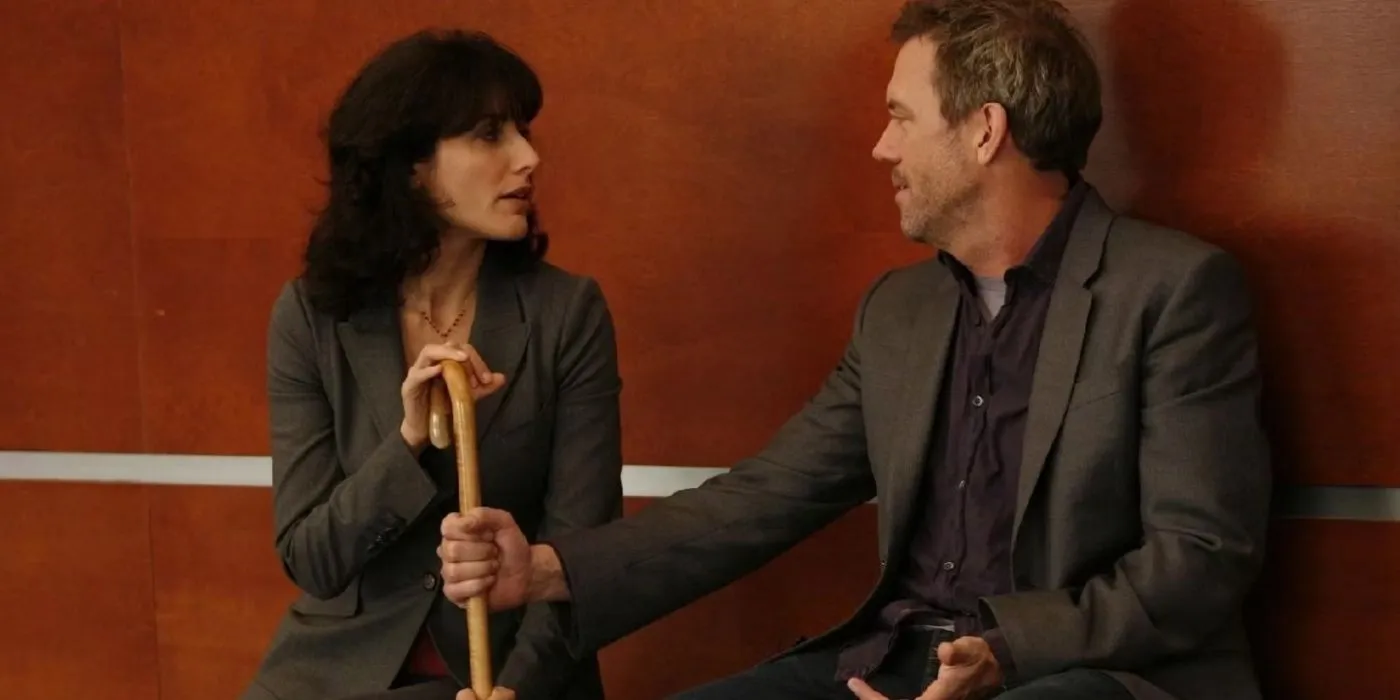
The intricate relationship between House and Dr. Lisa Cuddy, the Dean of Medicine at Princeton-Plainsboro, evolved dramatically throughout the series. Initially characterized by professional camaraderie, their connection was challenged by House’s nontraditional medical tactics and the resulting strain on Cuddy’s authority. Their dynamic hinted at deeper emotional layers that unfolded over time.
Ultimately, House and Cuddy embarked on a romantic relationship, which culminated tragically. Despite the rocky history, their bond prompted significant personal growth for House, as he grappled with vulnerability and his emotional dependence on Cuddy.
8
Eric Foreman Stepped Up
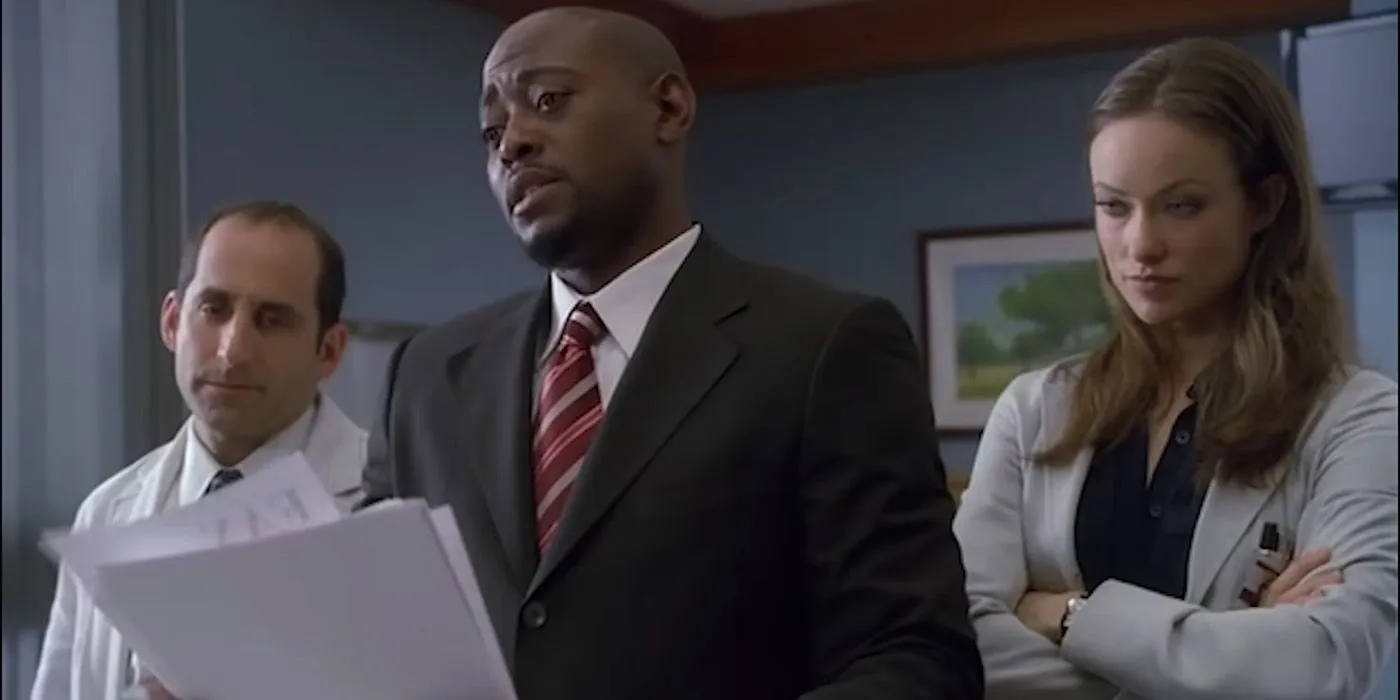
Known for his turbulent rapport with House, Dr. Eric Foreman initially struggled with the unconventional demands placed upon him. Nevertheless, he and House shared an unexpected kinship, often reflecting similar traits despite their contrasting approaches.
Foreman ultimately recognized the detrimental effects of House’s leadership and sought a path away from his influence. He ascended to the role of Dean of Medicine, succeeding Cuddy, and heralded an era of positive change for the Princeton-Plainsboro hospital.
7
Robert Chase Became A New Leader
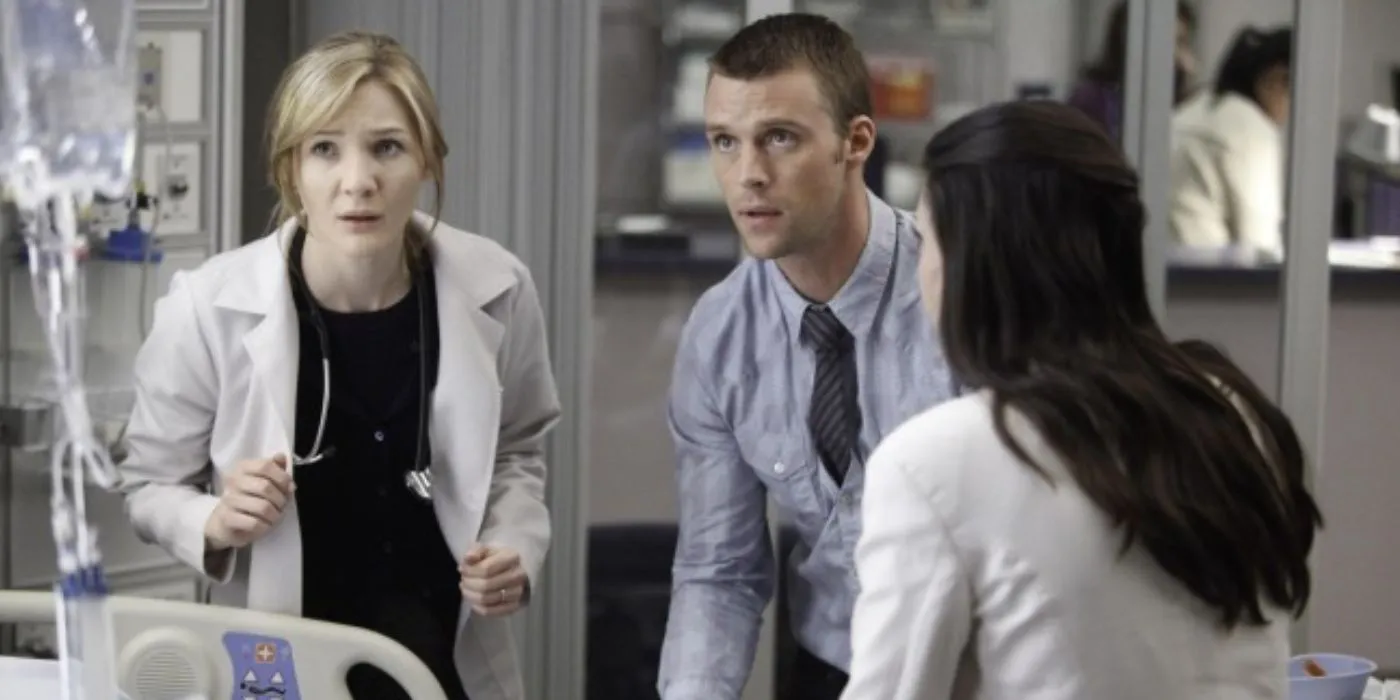
Among the original team, Dr. Robert Chase displayed a blend of qualities that distinguished him as House’s favored physician. While influenced by House’s negative attributes, he exhibited resilience and skill within diagnostics. His personal life suffered due to House’s impact, showcasing the challenges of maintaining boundaries.
Following House’s imprisonment and loss of his medical license, Chase embraced the mantle of leadership, effectively taking charge of the esteemed diagnostics department. His experience under House prepared him to thrive as both a leader and mentor.
6
House Put His Friends First

Dr. House often struggled with interpersonal relationships, frequently treating friends more as tools for his desires than as equals. This pattern caused friction, particularly evident when past acquaintances resurfaced and strained interactions became apparent.
However, as the series approached its conclusion, House made strides in prioritizing his friendships. In a poignant finale, he rode off with his close friend, James Wilson, in a symbolic gesture that underscored their bond in the face of impending loss.
5
House Goes From Insubordinate To Reckless
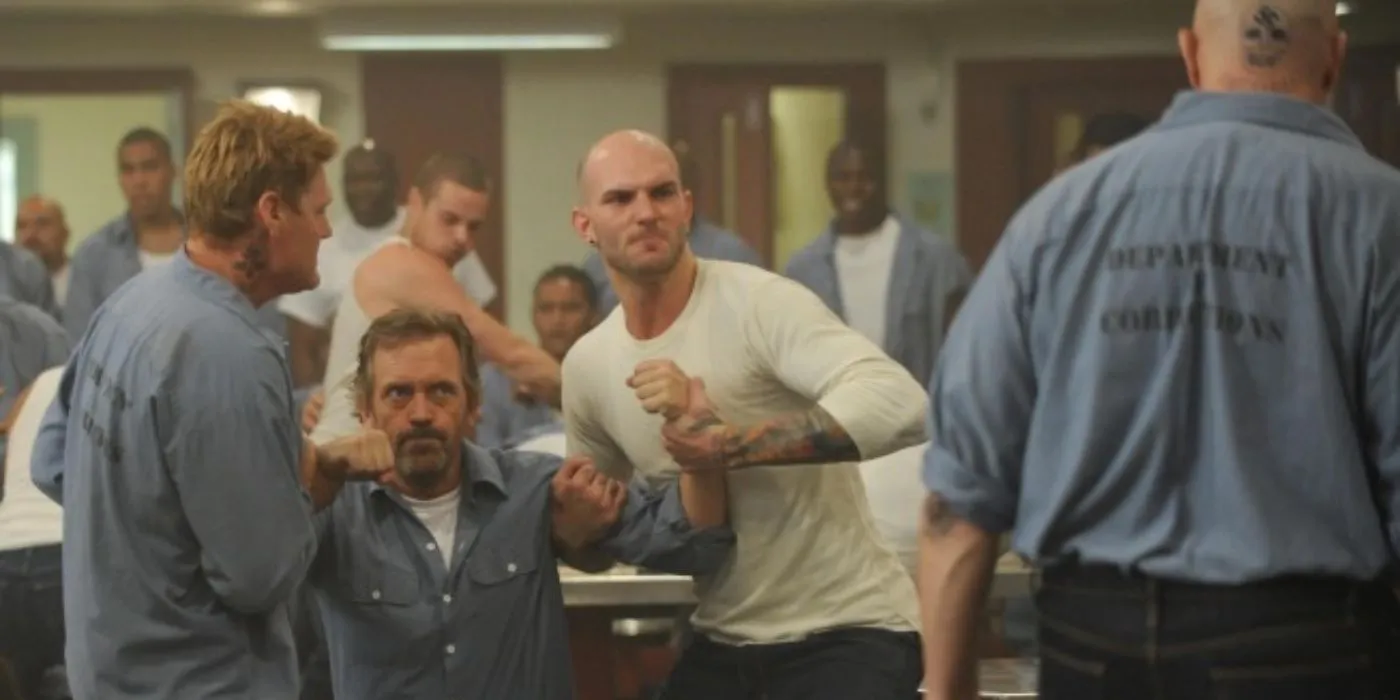
Not all changes in House’s character were beneficial. From the outset, House exhibited a defiant attitude, frequently bending rules and employing questionable methods to extract information from patients. His reliance on pain medication, specifically Vicodin, often escalated, complicating his already tumultuous existence.
As the series progressed, House’s reckless behavior intensified, putting others at risk. His emotional detachment culminated in critical moments, such as failing to be there for Wilson during grief and resorting to increasingly destructive acts, further isolating himself.
4
James Wilson Stopped Defending House
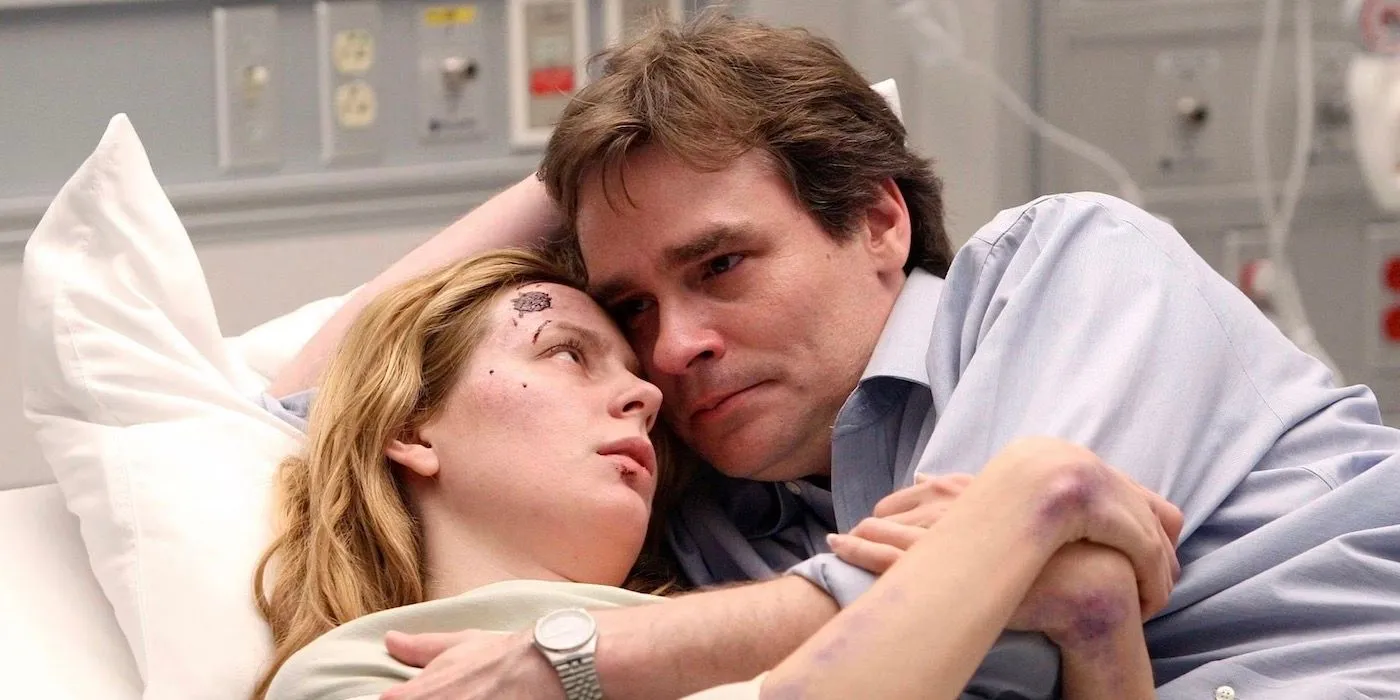
As House’s life spiraled downward, his long-time friend, James Wilson, found himself at a crossroads. Despite often defending House, Wilson grew weary of House’s propensity to manipulate their relationship, especially following the tragic loss of Wilson’s girlfriend, Amber.
Wilson’s struggle with loss became a turning point, leading him to predominantly withdraw his support for House. The fallout signified a pivotal moment in their friendship, revealing how House’s actions alienated even those who cared deeply for him.
3
House Proved His Own Point
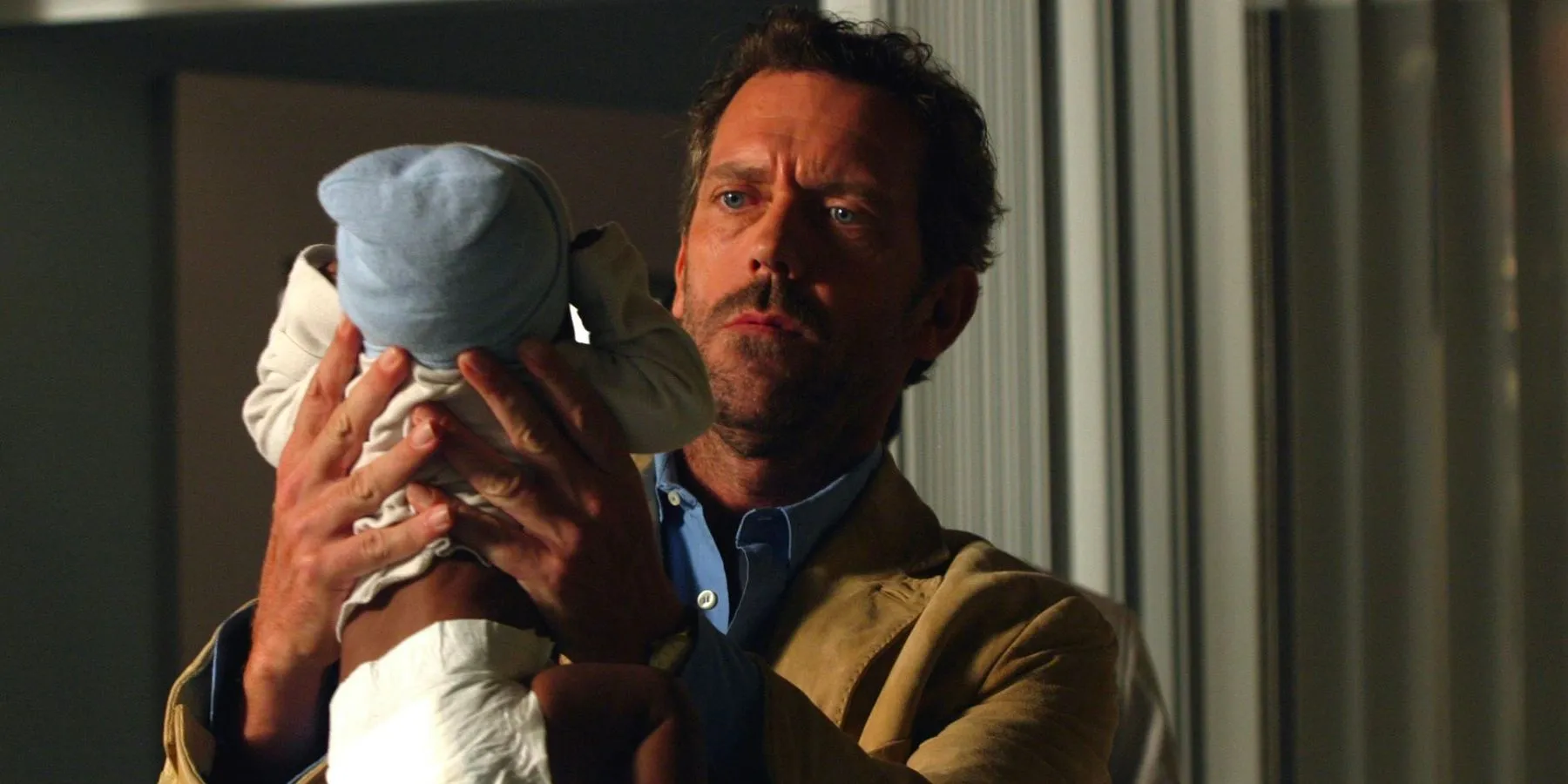
Throughout the series, House consistently championed the notion that “people don’t change.”His cynical worldview and skepticism towards human nature often alienated those who attempted to see beyond his flaws. While characters like Wilson and Cuddy tried to uplift him, House’s inclination toward negativity ultimately contributed to his social isolation.
Notably, while House displayed some growth in his character towards the series’ conclusion, many of his persistent issues, including addiction and emotionally charged detachment, rendered significant transformation elusive. His conclusion may reflect some evolution; however, the underlying complexities of his character remained largely intact.
2
House Gets Rocked By Death
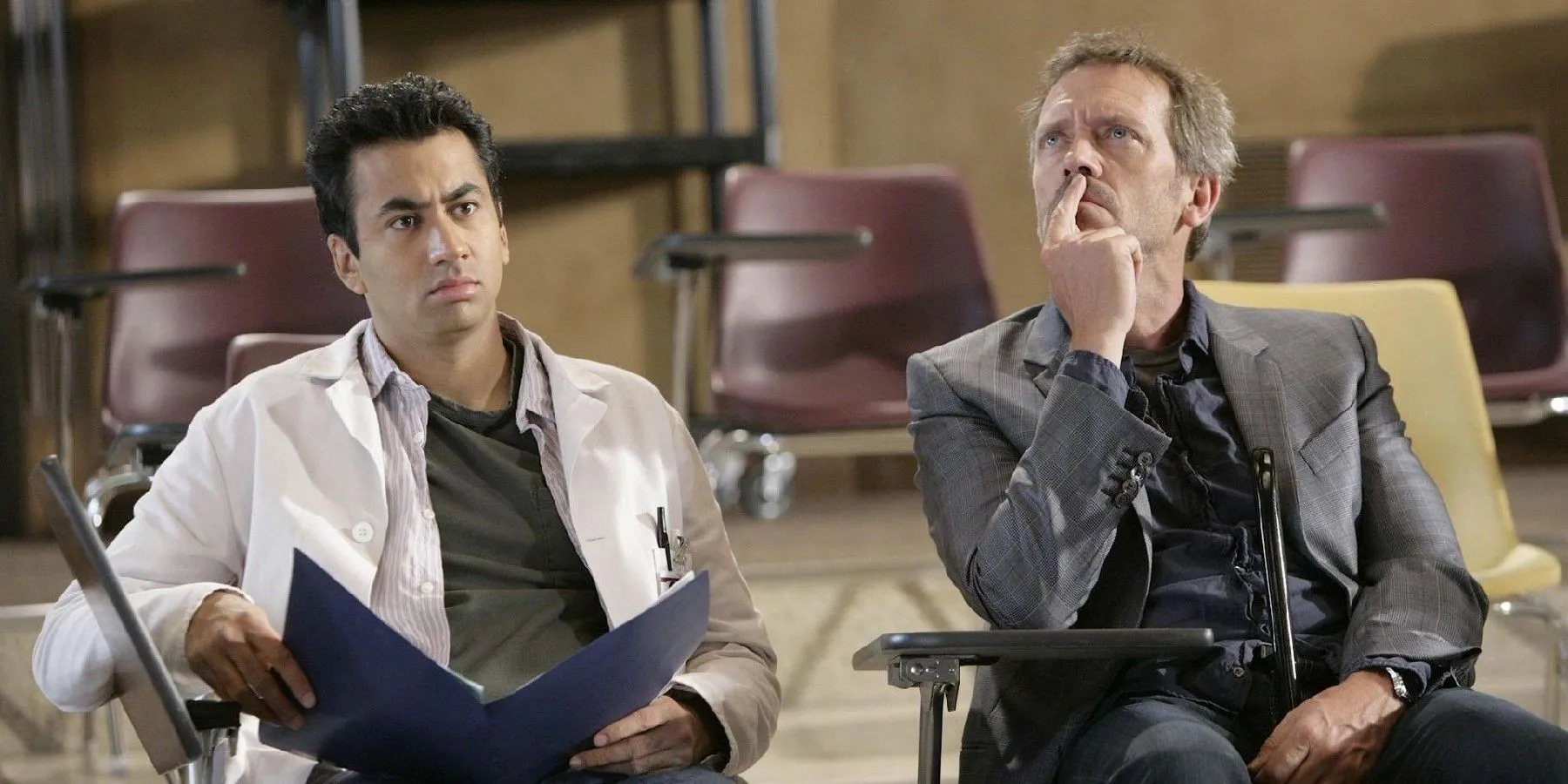
House was well-acquainted with the concept of life and death in his medical practice, often revealing a chilling detachment towards the loss of patients. This hardened perspective began to shift as beloved characters faced mortality, forcing House to confront the emotional stakes of his profession.
The suicide of his colleague, Dr. Kutner, profoundly affected House, stirring a crisis that resonated across his life and relationships. As further losses encroached, including those of Wilson and Thirteen, House experienced an awakening, encouraging them to embrace life beyond their professional confines.
1
The Show Spends A Lot More Time Outside Princeton-Plainsboro
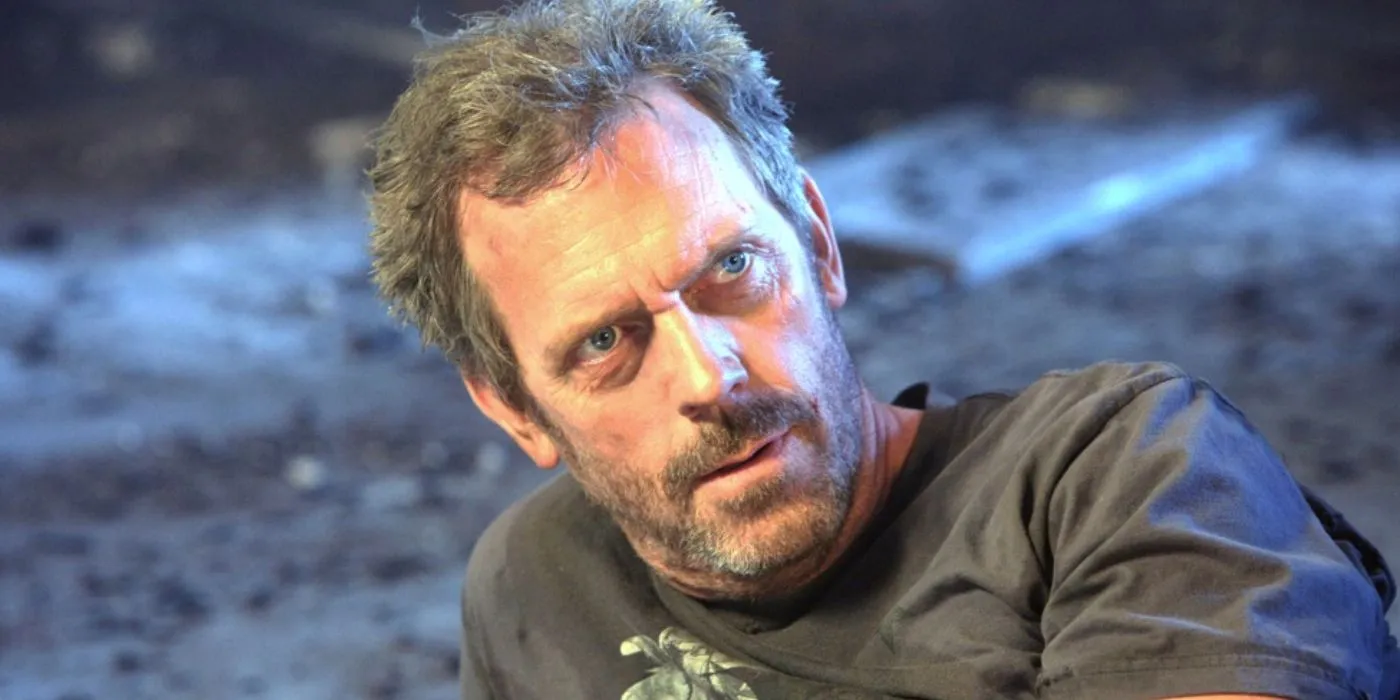
While House started predominantly within the confines of the hospital, the show’s narrative expanded over time, providing deeper insight into the characters’ lives outside the medical facility. From exploring House’s personal space to depicting adventures with Wilson, the storylines shifted focus from medical drama to character development.
As the series approached its end, House found himself incarcerated, leading to even fewer hospital scenes and a clearer emphasis on personal relationships. These transitions not only enriched the storytelling but also breathed new life into the series, transforming it from a traditional medical procedural into a profound exploration of complex characters and their journeys.




Leave a Reply